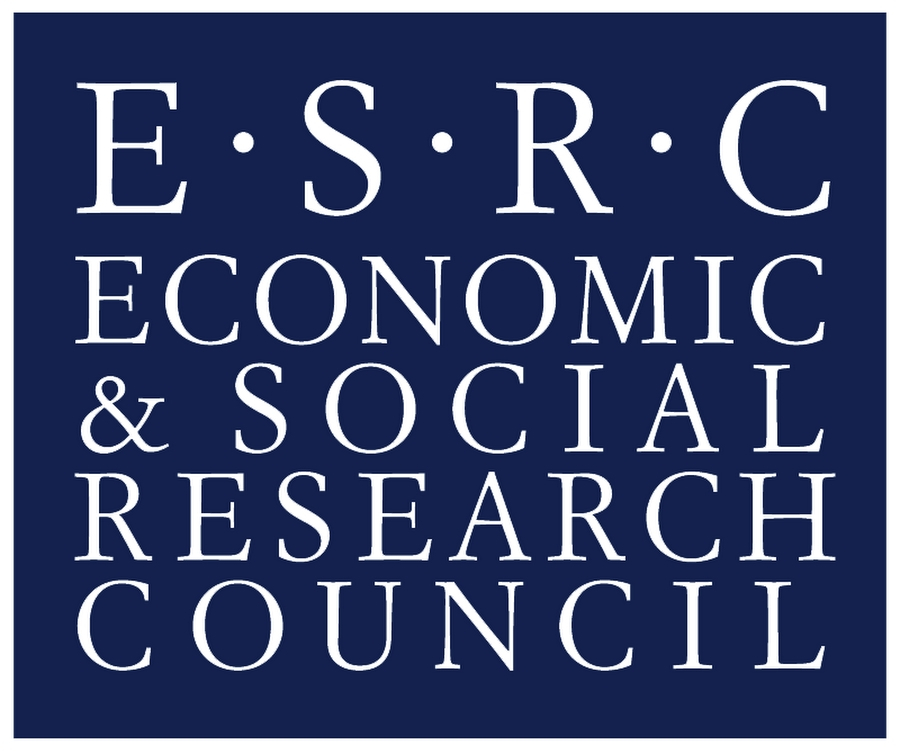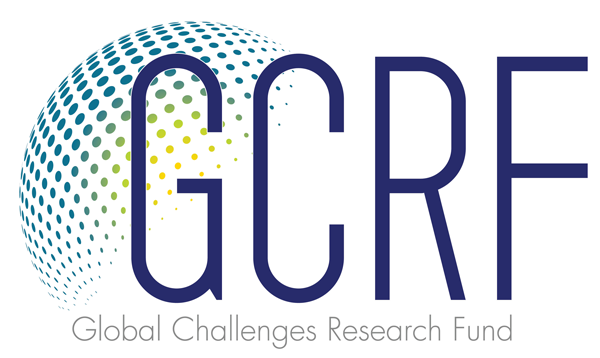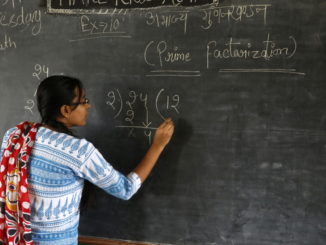
Why so Hostile? Busting Myths About Heterodox Economics
Ingrid Kvangraven and Carolina Alves clear up some common misunderstandings about ‘Heterodox Economics’ in a new GPID working paper. Here are their key lessons. Many […]

Ingrid Kvangraven and Carolina Alves clear up some common misunderstandings about ‘Heterodox Economics’ in a new GPID working paper. Here are their key lessons. Many […]
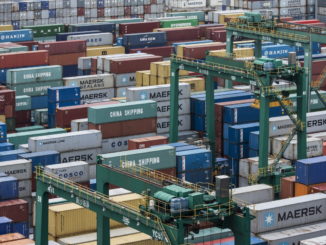
Global value chains (GVCs) are seen by many, including the World Bank, as a promising remedy to slow growth in developing countries. Local firms can […]

Have developing countries converged on advanced countries? This was a topic of much discussion in the 1980s and 1990s, and it recently resurfaced (see e.g. […]
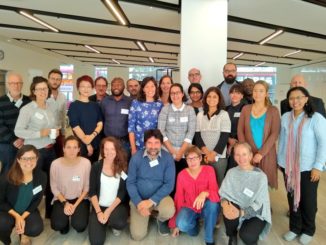
A vibrant two-day international workshop discussed the potential of mixed-methods research in studying problems of global poverty and economic development. The conclusion: while faced with […]
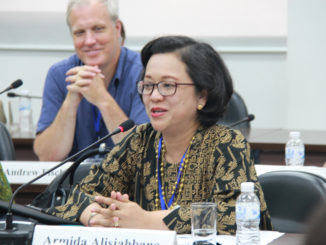
Professor Armida Alisjahbana, official advisor to the ESRC GPID network, has been named as Under-Secretary-General of the United Nations. This is the second major UN […]

This week, we wrap up our special series on the future of economic development, work, and wages in developing countries. We draw some conclusions. We […]

The rise of a new global ‘robot reserve army’ will have profound effects on developing countries but will it mean people will be working hard […]
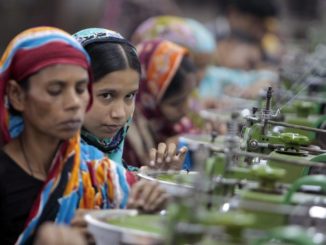
The ESRC GPID network ran two panels at the DSA 2018 conference in Manchester showcasing new research on structural change and inclusive growth. In this […]
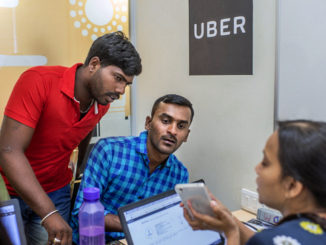
This week, ESRC GPID Director, Andy Sumner continues continues the set of blogs on deindustrialisation and developing countries. In past weeks, we’ve discussed varieties of […]

Deindustrialisation has become the experience of many middle income developing countries. This week on the ESRC GPID blog we start a series of blogs on […]
